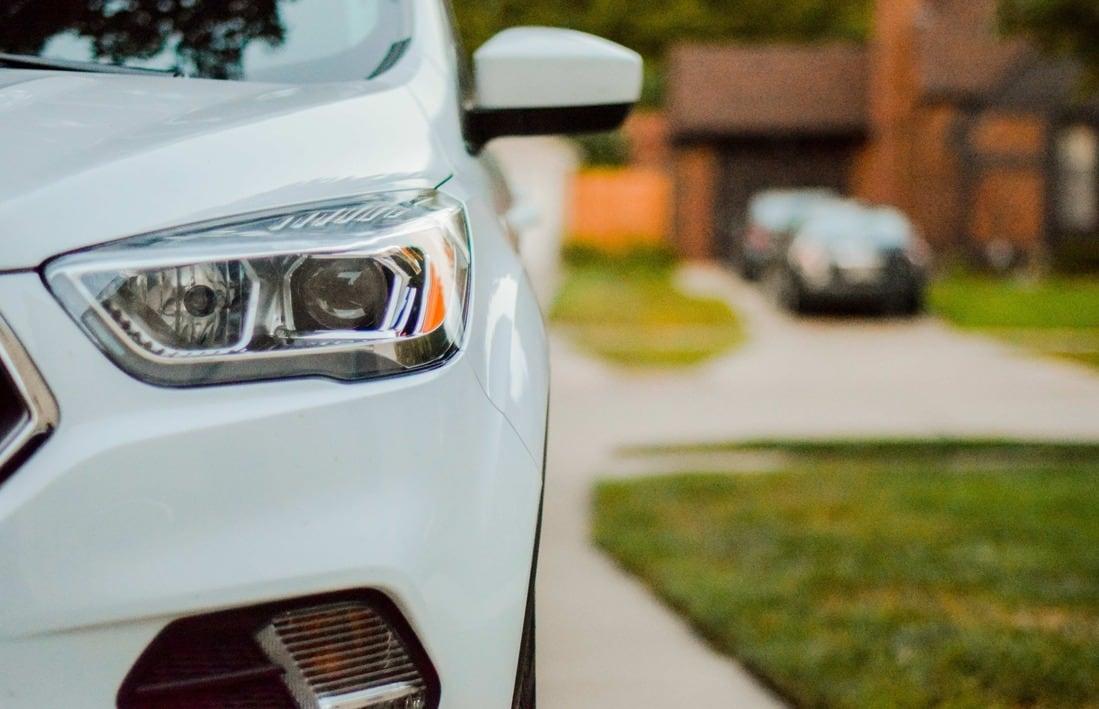In the wake of spike in inflation, banking regulator has raised repo rates by 90 basis points in two months, which eventually raised the interest rates on a slew of loans including auto loans. Some wealth advisors, therefore, advice borrowers that they should opt for fixed interest rates on their car loans before rates rise further.
In the current scenario, fixed rates are seen as better alternative by some because interest rates are expected to rise further over the next few months. So, it may be advisable to opt for a fixed-rate car loan to prevent shocks from increasing EMIs in the coming months.
“Car loans are usually taken for 3-4 years only and hence going for a fixed rate is always better in today’s scenario where inflation is high both in the country and globally too. Our central bank has already started increasing interest rates. The global inflation scenario is even more worrisome. With the US and other major central banks also increasing rates, RBI will also have no choice but to respond to protect the exchange rate,” said Srikumar Nair, Founder, BygC.
He also said that floating rates are seen as a better alternative when the interest rates and inflation have peaked and likely to start their downward journey.
Nitin Rao, Head Products & Proposition, Epsilon Money Mart also voices similar opinion.
“Given the inflation outlook there may be a possibility of further rate hike by RBI. This may impact car loan interest rate as well. Banks normally link their interest rate to RBI rates and any increase or decrease in the policy rate may impact the bank rates as well. In this scenario, customers can evaluate car loans at fixed rate rather than floating rate. This would entail that the customer is blocking the prevailing interest rate for the entire tenure of the car loan without getting impacted by interest rate movement,” said Rao.
However, Sridevi Ganesh, co-founder of Chamomile Investment Consultants says one should first compare the rates before taking a plunge indiscriminately.
“If the current difference between fixed and floating rate offered by a bank is 200 basis points, then it doesn't make sense to opt for fixed rate because repo rates wouldn't increase by this rate at least in the next two years. So, you wouldn’t want to pay a higher rate for half of the tenure. Would you?" she said.
“Also, if the vehicle is meant for commercial purpose, then one can take floating rate because you would get tax benefit on interest rate anyway,” she added.
Prepayment clause
Buyers who opt for a fixed-rate loan should be aware of the fact that unlike floating rates where RBI has barred lenders from levying a prepayment or foreclosure fee, fixed-rate car loans can draw this fee.
Also, in case you plan to buy a used vehicle, then the dynamics of interest rates change completely. On a new car loan, interest rates may begin from 7 per cent onwards, the corresponding rates for a used-car are generally higher i.e., nearly 11 per cent.
Precautions to take
Financial experts, however, have a piece of advice for borrowers. They say the customers should compare interest rates, processing fees, and loan-to-value ratios of different banks before choosing one.
And they should also make sure that after buying your car, the sum total of your EMIs should not ideally breach 40 per cent of your monthly income, and under no circumstances, it should cross the 50 per cent mark.
Remember that a car may be a necessity but a big car is not. Read this article on why you should not splurge your money unless you have to.
